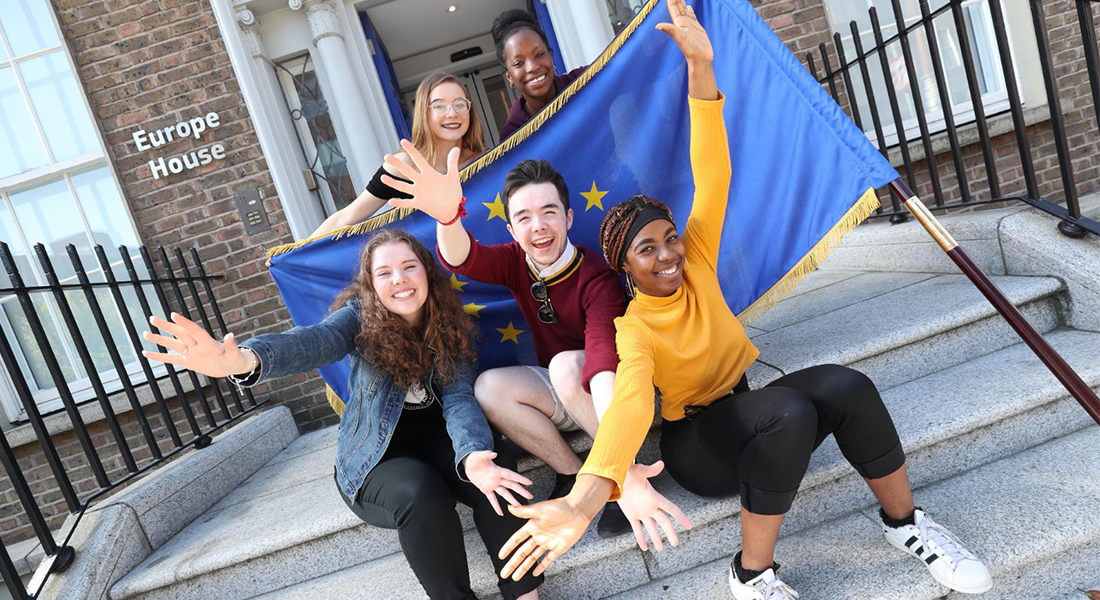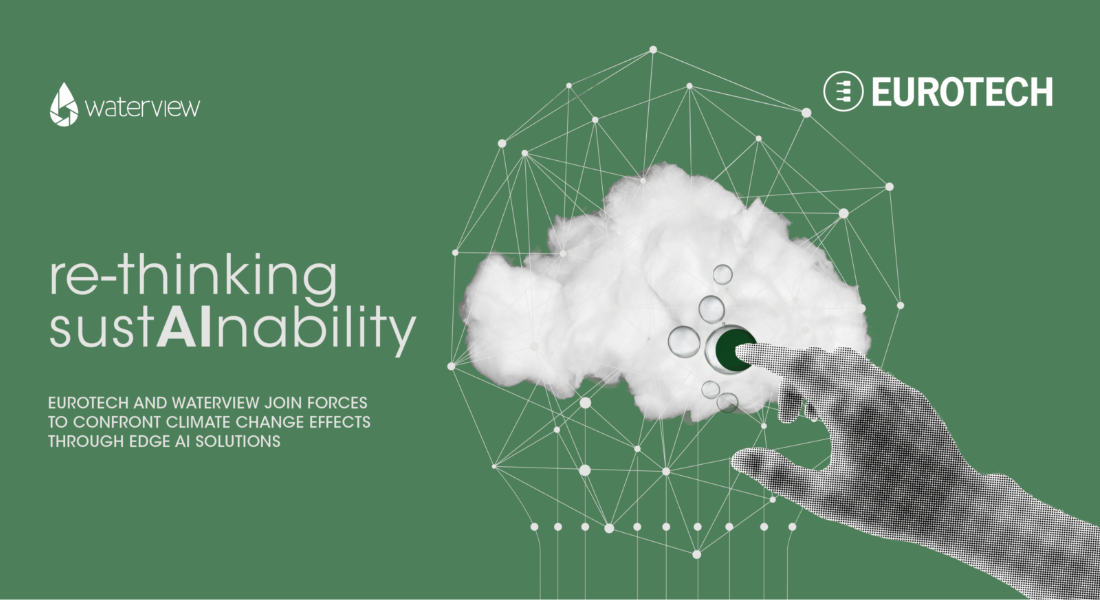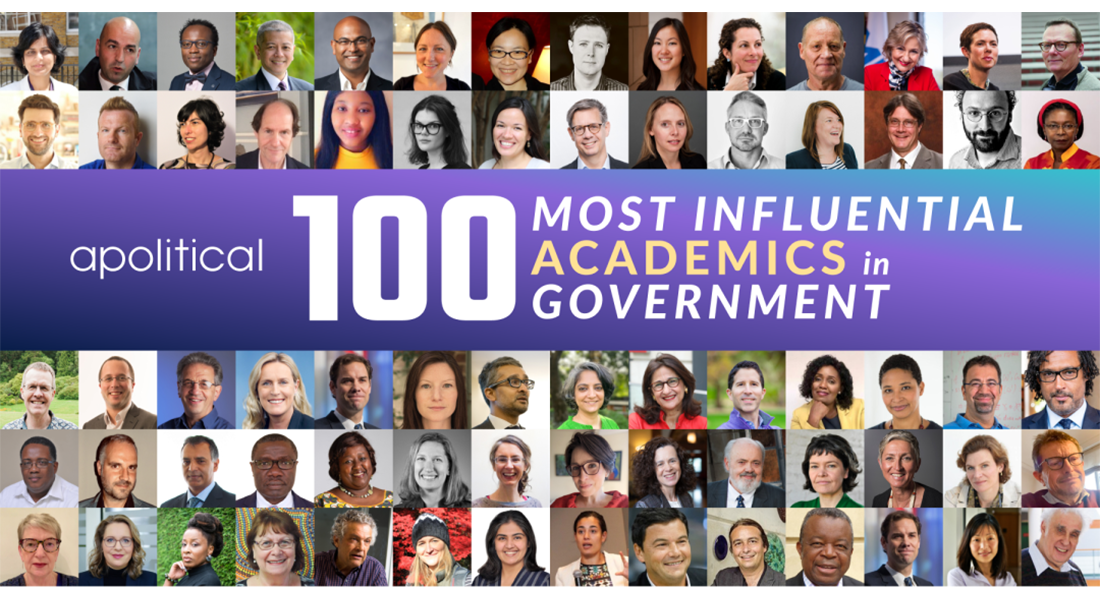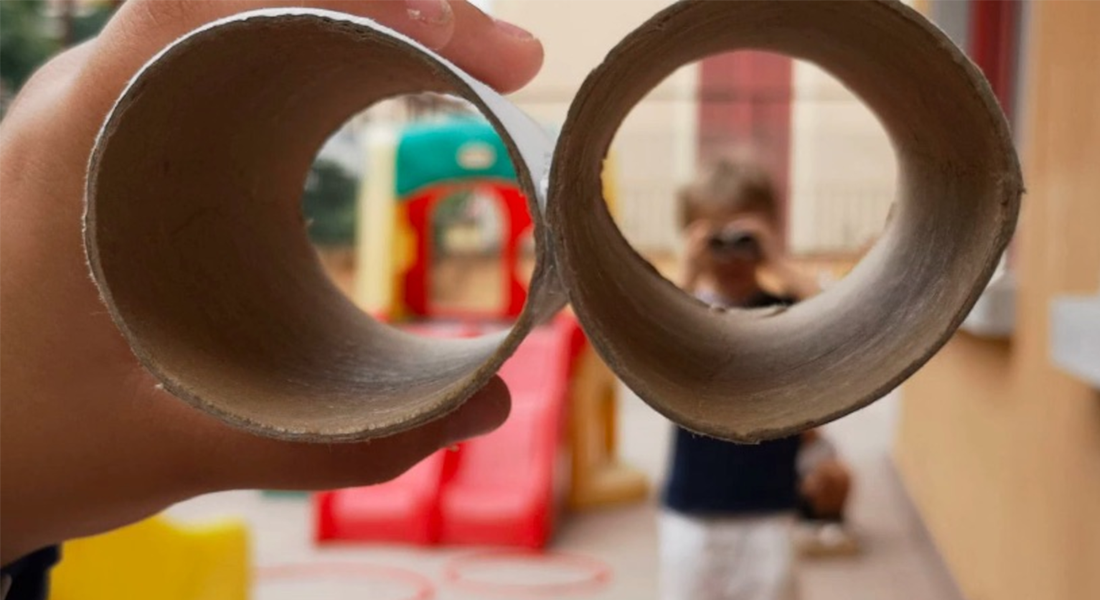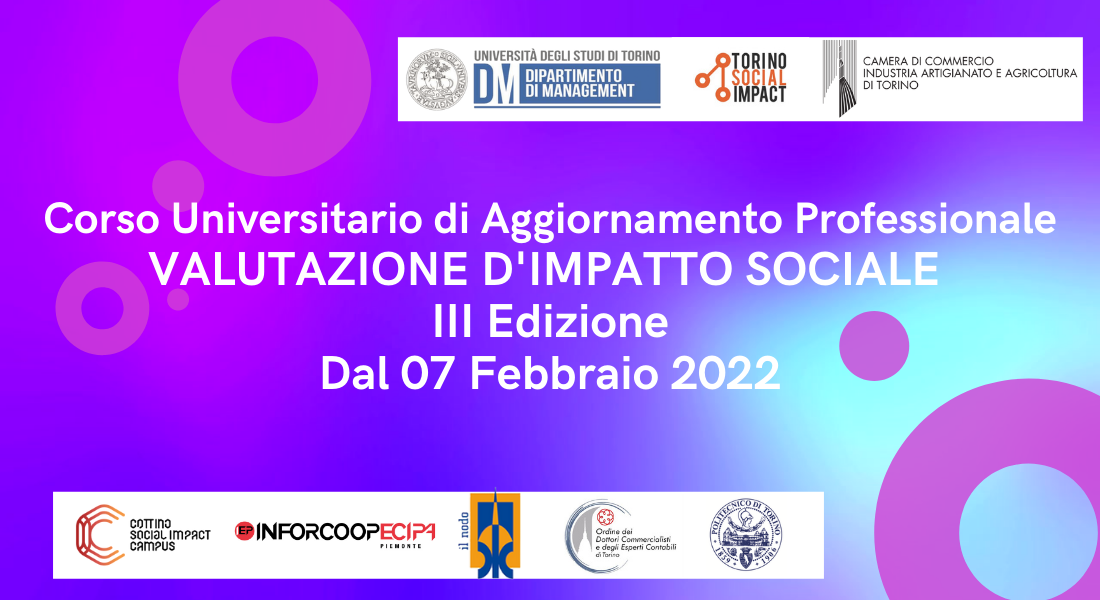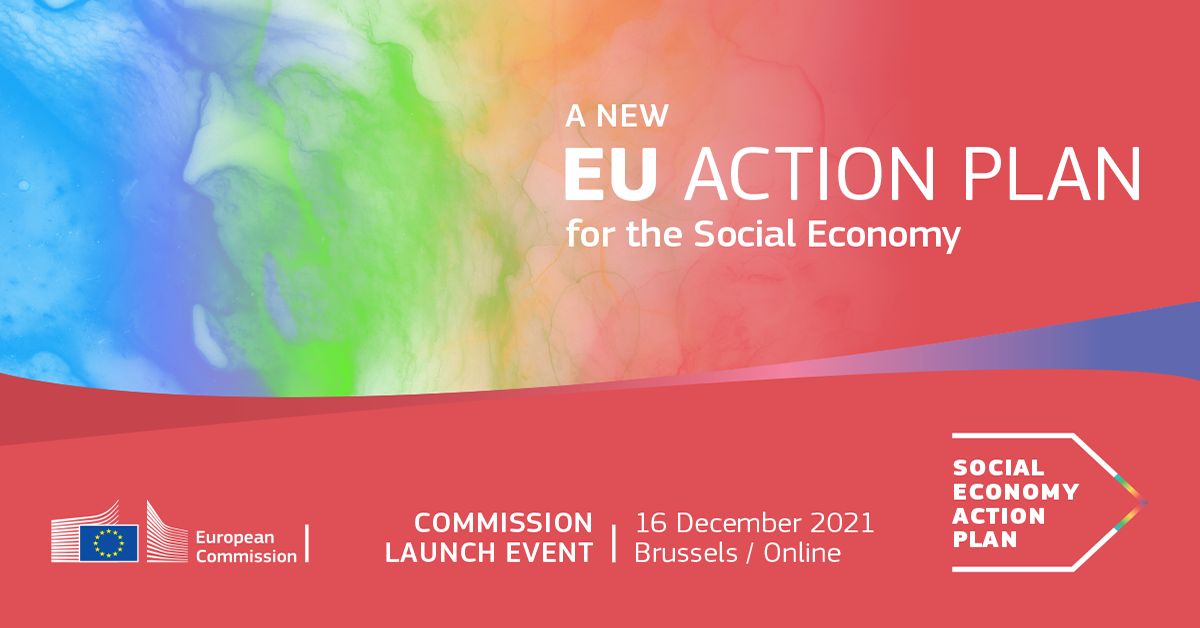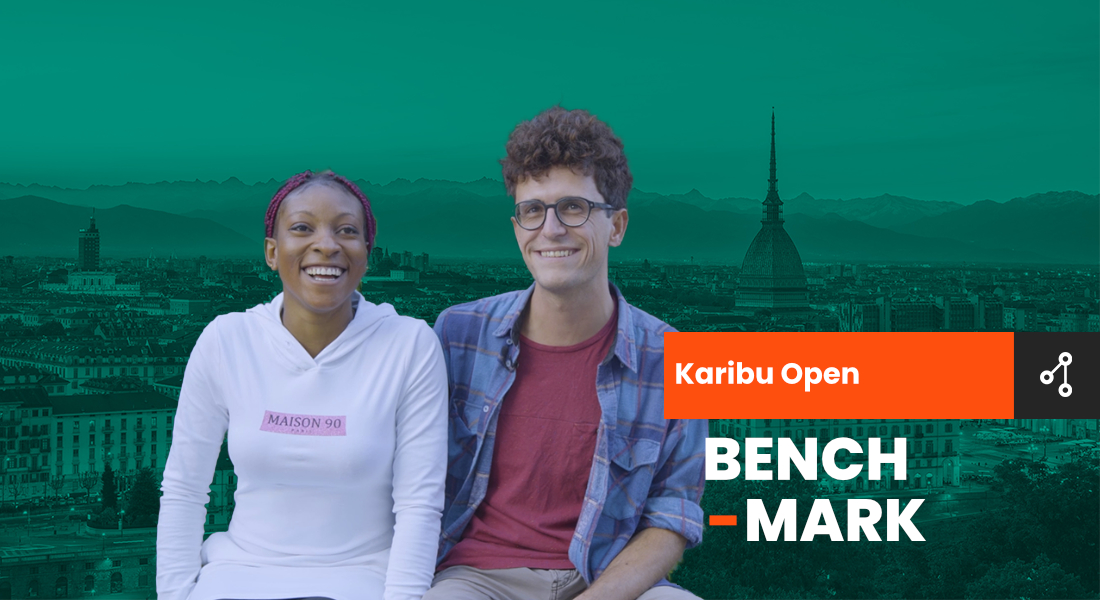The partnership between the two Italian companies will help to monitor, evaluate and prevent the effects of extreme weather events and natural disasters through Artificial Intelligence (AI) solutions that can be deployed on existing Edge devices in minutes.
Eurotech, a trusted and leading enabler of the Internet of Things (IoT) in mission-critical applications, and WaterView, a company specialized in computer vision and AI for meteorology, hydrology, and environmental modeling, have signed a Memorandum of Understanding for a strategic partnership to enable real-time weather condition monitoring applications.
Eurotech’s hardware and software enable a simple and fast deployment of WaterView’s AI at the Edge. The integrated solution transforms existing surveillance cameras into remotely managed intelligent sensors without the need to change the existing infrastructure, to detect early signs of the increasingly recurring extreme weather events and quantify natural disasters.
“We are thrilled to partner up with a company like WaterView, with a strong vision towards a more sustainable future enabled by AI technologies: a perfect match with our DNA of enabling Edge AI in mission-critical applications” stated Paul Chawla, Eurotech CEO. “We are excited to share our international footprint and customer reach, our long-term know-how and premium technology to scale up this solution to a wide range of use cases, with a common go-to-market and a ‘one stop’ integrated solution for our customers”.
“Eurotech provides a unique combination of certified hardware and software that enable us to cut down system integration efforts, time-to-market and costs of deployment of our AI on the Edge” commented Paola Allamano, WaterView CEO. “Their integrated solution is open, guarantees a simple and safe connectivity to any Cloud with a vendor-agnostic approach and allows secure remote management and configuration of our Edge AI software”.
Both companies have a solid track record in offering their solutions to customers managing large infrastructures, like road and railway networks, electricity transmission grids and mobile communication towers. From NextGenerationEU to the US Infrastructure Deal, the post-pandemic economy will be driven by unprecedented investments in infrastructure renovation, digital transformation and green transition, with an underlying focus on climate change resilience.
By joining their forces, Eurotech and WaterView are already demonstrating the potential of cameras as sentinels for the environment, to monitor weather and its effects. The first joint pilot projects are ongoing and opportunities have been identified in the markets of: smart infrastructures by leveraging cameras on highways and railways – on average 1 device every 3 to 5 km, over 100 thousand estimated cameras on Europe and USA; onboard trains and truck fleets, where cameras are already installed for other applications; and on tower sites – over 426 thousand telco towers in Europe and over 1 million including USA. Accidents can be avoided by analyzing the level of rain and snow on roads and rail tracks, flood damages can be safely evaluated by measuring the water level at a distance and wildfires can be prevented by detecting smoke at early stages.


